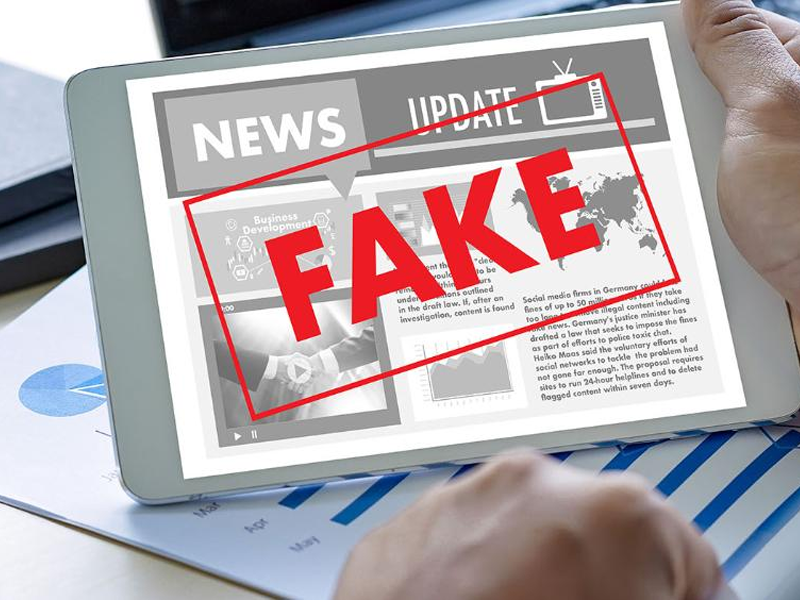It’s becoming harder to differentiate between informed skepticism and so-called conspiracy theory in today’s information-driven world. For years, concerns about Big Pharma’s influence, media manipulation, and political spin were seen as fringe beliefs—easily dismissed, laughed off, or vilified. But as public trust continues to erode, more people are beginning to ask a difficult question: Were these warnings ever fiction—or have they always been a glimpse of what’s to come?
The answer isn’t black and white. It lies somewhere between uncomfortable truths, overlooked evidence, and the human tendency to trust what’s easiest.
The Power of the Pill
Let’s start with Big Pharma—the pharmaceutical industry that is meant to serve public health but has long been involved in profit motives. The industry’s influence is far-reaching, from medical research and drug approval to how doctors prescribe medications. While pharmaceutical innovations have saved countless lives, the same system has also created dependence, manipulated data, and, in some cases, buried negative outcomes in favor of financial gain.
Top pharmaceutical companies spend more on marketing than on research and development. That fact alone should raise concern. It means that image management often takes priority over breakthrough science. In addition to the revolving door between regulatory agencies and industry boardrooms, it becomes evident that objectivity can easily be compromised.
The opioid crisis, for instance, wasn’t born out of ignorance. It was enabled by aggressive marketing campaigns, misleading risk assessments, and a failure to regulate. Families paid the price while executives walked away with bonuses.
Information in the Age of Influence
The media—once seen as the fourth pillar of democracy—has not remained untouched by corporate and political influence. In the past, journalism stood as a check on power, holding those in leadership accountable. But today, media outlets are owned by a handful of massive corporations, each with its own agenda, advertisers to please, and political alliances to maintain.
The word “fake news” has become a slogan, often thrown around to discredit dissent. But misinformation isn’t always falsehood; it can also be omission, selective reporting, emotional framing, or burying key details in a sea of distractions. News isn’t just about what’s said—it’s about what’s left out.
The result is a population that is confused, polarized, and unsure of who to trust. People are fed narratives instead of news. Outrage is engineered. The division is profitable. And in that environment, facts become tools—not truths.
Political Spin: The Art of Manipulated Perception
Government spin has been around as long as governments themselves. But in the digital age, spin has become a strategy. Messaging is carefully formulated, tested, and tweaked to shape perception rather than convey facts. Language is used to soften harsh realities or amplify achievements that are barely tangible.
Instead of transparent communication, we get focus-grouped speeches and politically safe responses. What used to be called manipulation is now called messaging.
When governments prioritize optics over action, policies become reactive, not proactive. Public relations take center stage while critical issues are delayed, disguised, or distorted. Trust in leadership doesn’t vanish in a single scandal—it erodes over time as people sense they’re being managed rather than represented.
The Danger of Dismissal
What makes all of this so dangerous isn’t just the deception—it’s how easily dissent is dismissed. Individuals who question dominant narratives are often labeled as paranoid, anti-science, or disloyal. But skepticism is not the enemy of truth; it is the foundation of inquiry. Blind trust in any institution—be it corporate, media, or political—is what enables exploitation.
History has shown time and again that the public always pays the cost of blind allegiance. When people ignore early warnings because they sound too extreme or because the truth is inconvenient, they surrender their agency. And when agencies, corporations, or governments realize they can act without consequence, accountability disappears.
Toward a More Conscious Society
So, where do we go from here? Awareness is the first step. It means questioning the sources of information we consume, understanding the incentives behind the headlines, and remaining vigilant—not cynical, but curious and clear-eyed.
Being informed today doesn’t mean knowing everything—it means understanding how systems work, who benefits, and who pays the price. It means resisting oversimplified narratives and thinking critically, even when the truth makes us uncomfortable.
Big Pharma, media partnerships, and governments are not inherently evil—but people build them, and people are flawed. Power needs to be watched. Narratives need to be questioned. And freedom demands more than belief—it requires awareness, participation, and the courage to ask: “Is this what we’re being told, or is this what we’re being sold?” Whether this is fiction or foreshadowing depends on how closely we’re paying attention.



